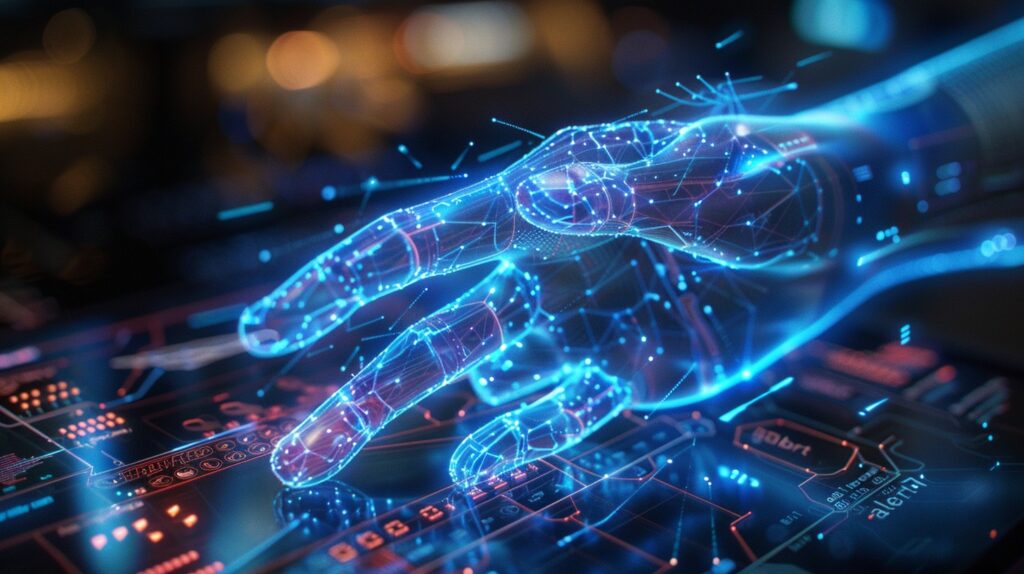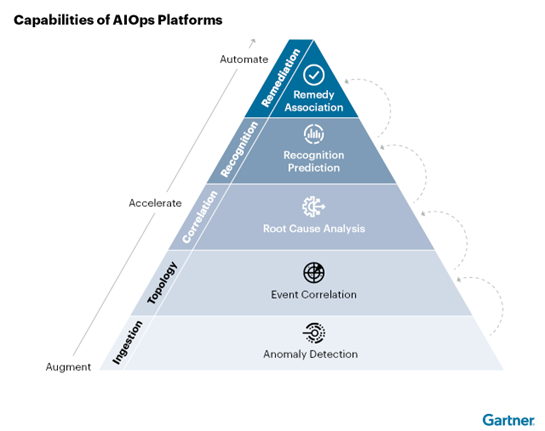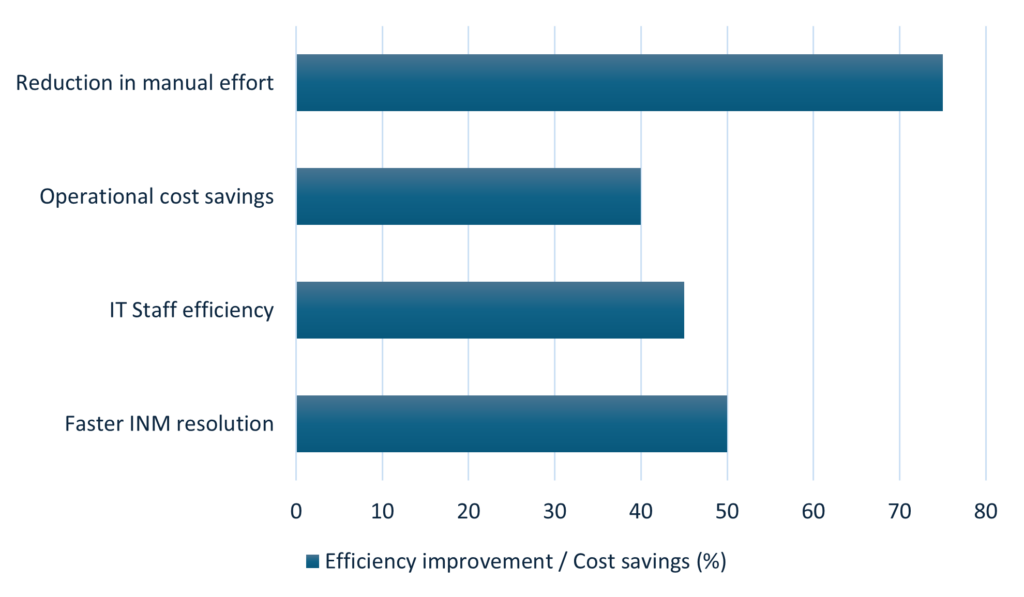As technology advances and the digital landscape grows more complex, businesses are facing increased pressure to streamline their IT support services. Traditional IT operations are no longer sufficient to manage the demands of modern infrastructures, which increasingly require the use of advanced AIOps tools and platforms.
What is AIOps?
AIOps (Artificial Intelligence for IT Operations) combines big data, machine learning, and artificial intelligence to automate and enhance IT operations. It enables organizations to process vast amounts of data from multiple sources and quickly detect, diagnose, and resolve incidents. At its core, AIOps aims to minimize human intervention in repetitive, time-consuming tasks, allowing IT teams to focus on higher-value work. AIOps platforms are particularly effective in handling data aggregation, pattern recognition, and automation tasks, providing a comprehensive approach to IT operations management.
Key Components of AIOps
AIOps operates across several layers of IT operations, including:
- Data Ingestion: The AIOps approach is based on data from events and telemetry collected by monitoring tools, network components, application performance, and digital experience. It is essential to ensure the most comprehensive visibility, covering events from all types of environments—from mature ones to the latest cloud and hybrid architectures.
- System Topology: An accurate understanding of internal relationships and service schemas based on logical dependencies is necessary to provide the correct context for emerging events. For example, accurate topology can be used for upstream root cause analysis or for event correlation and impact assessment downstream.
- Event Correlation: To reduce information noise and the number of events requiring action, correlation and event enrichment are used. This requires standardization and management of data from various monitoring tools, as well as event enrichment with information about related assets for topological correlation and other metadata.
- Event Recognition: AIOps applies AI algorithms to predict incidents and recommend groups for their resolution or corrective actions. For the continuous improvement of these algorithms, operators must maintain disciplined work, providing platforms with data and feedback mechanisms for training.
- System Restoration: To identify potential remediation measures, strict adherence to knowledge management processes and the use of an integrated ITSM knowledge base are necessary.
Why AIOps is Crucial for Modern Support Services
The rapid growth of digital transformation initiatives has made IT environments more complex than ever. Traditional monitoring tools struggle to keep up with the speed and volume of data generated. AIOps offers several key benefits for organizations looking to transform their support services:
- Improved Incident Response Time: AIOps helps in quickly identifying the root cause of issues by correlating data across systems and identifying patterns that human operators may miss. This leads to faster response times and minimizes downtime, enhancing overall service quality
- Proactive Problem-Solving: By leveraging predictive analytics, AIOps can anticipate potential issues before they impact the business. This proactive approach enables support teams to fix problems before they escalate into major incidents, improving system reliability and customer satisfaction.
- Prediction of Impact Outcomes: AIOps can predict the broader impact of an issue on the entire IT ecosystem. By analyzing relationships between services, applications, and infrastructure components, AIOps anticipates how an isolated incident or planned change might cascade through the system, potentially affecting other areas. This predictive capability allows IT teams to proactively mitigate further disruptions, ensuring better overall stability and continuity.
- Cost Efficiency: AIOps-driven automation reduces the need for manual interventions in repetitive tasks such as ticketing, patching, and capacity management. This frees up resources, lowers operational costs, and allows the support team to focus on strategic tasks that drive business value.
- Enhanced User Experience: The ability of AIOps to quickly resolve incidents and optimize IT operations directly impacts the end-user experience. With fewer service interruptions and quicker problem resolution, employees, and customers alike benefit from a smoother, more reliable service experience.
Let’s Talk!
With IT environments becoming increasingly complex, adopting AIOps is shifting from being an optional tool to a business necessity. AIOps platforms not only enhance incident response and problem-solving but also give IT teams the predictive insights needed to maintain stability and reduce costs. In Part II, we’ll dive into practical strategies for integrating AIOps into your operations and address the challenges you might encounter along the way.
At First Line Software, we are fully equipped to address the challenges posed by generative GenAI. Contact us immediately to discover how our cutting-edge GenAI technology can significantly enhance your support services. Don’t wait—let’s explore the transformative possibilities together!
Roman Borovsky
Support Operations Manager
With seven years of extensive experience in the IT industry, Roman thrives in his role as a Support Operations Manager. Tasked with overseeing and advancing the company’s support services portfolio, he places a strong emphasis on achieving operational excellence in application support services. Roman plays a pivotal role in driving business expansion, utilizing his expertise anchored by ITIL v3 and v4 certifications.
Anton Samsonkin
Senior Service Engineer
For over 20 years, he has successfully been involved in building efficient support processes and teams across various technological sectors, including banking, telecommunications, and transportation. His extensive experience covers a wide range of tasks related to ensuring the uninterrupted operation of critical systems and infrastructure in high-demand and dynamic environments.
Currently, his focus is on implementing innovations, including in the field of artificial intelligence, into support and maintenance processes for applications. He shares optimism regarding the use of advanced technologies and methods to achieve outstanding results in application support and customer service.


 Clinovera
Clinovera







